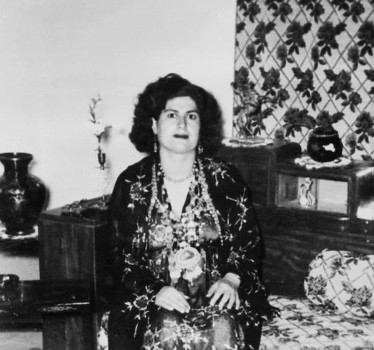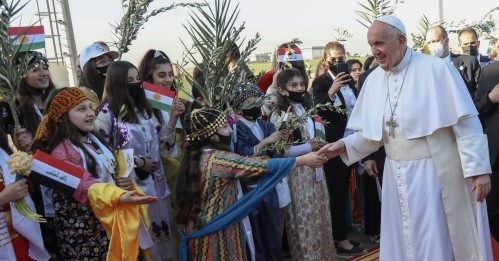Fritz Sitte, an Austrian freelance journalist, television reporter, author, and explorer, was born in 1924 in Krems an der Donau, a city along the Danube River northwest of Vienna, Austria. When he passed away in 2007, the world lost a veritable jewel. His journalistic efforts and written works provided Western audiences with unique insights into many of the world’s liberation struggles in far-off places of the world, telling the stories of the freedom fighters on the front lines.
Early in his career, Sitte reported for the local paper Kärtner Grenzrufes. Following his military service, he contributed to various newspapers and magazines during the late 1940s and early 1950s. From 1951 onward, he embarked on journeys to crisis-ridden regions around the world as an independent journalist. In 1967, he faced arrest for reporting on the civil war in Yemen. Sitte’s renown spread, prompting him to document his experiences and observations in books. In 1972, Sitte published his first book on the Angolan Civil War titled Flammenherd Angola, earning him the Dr. Karl Renner Publizistikpreis for journalism the subsequent year.
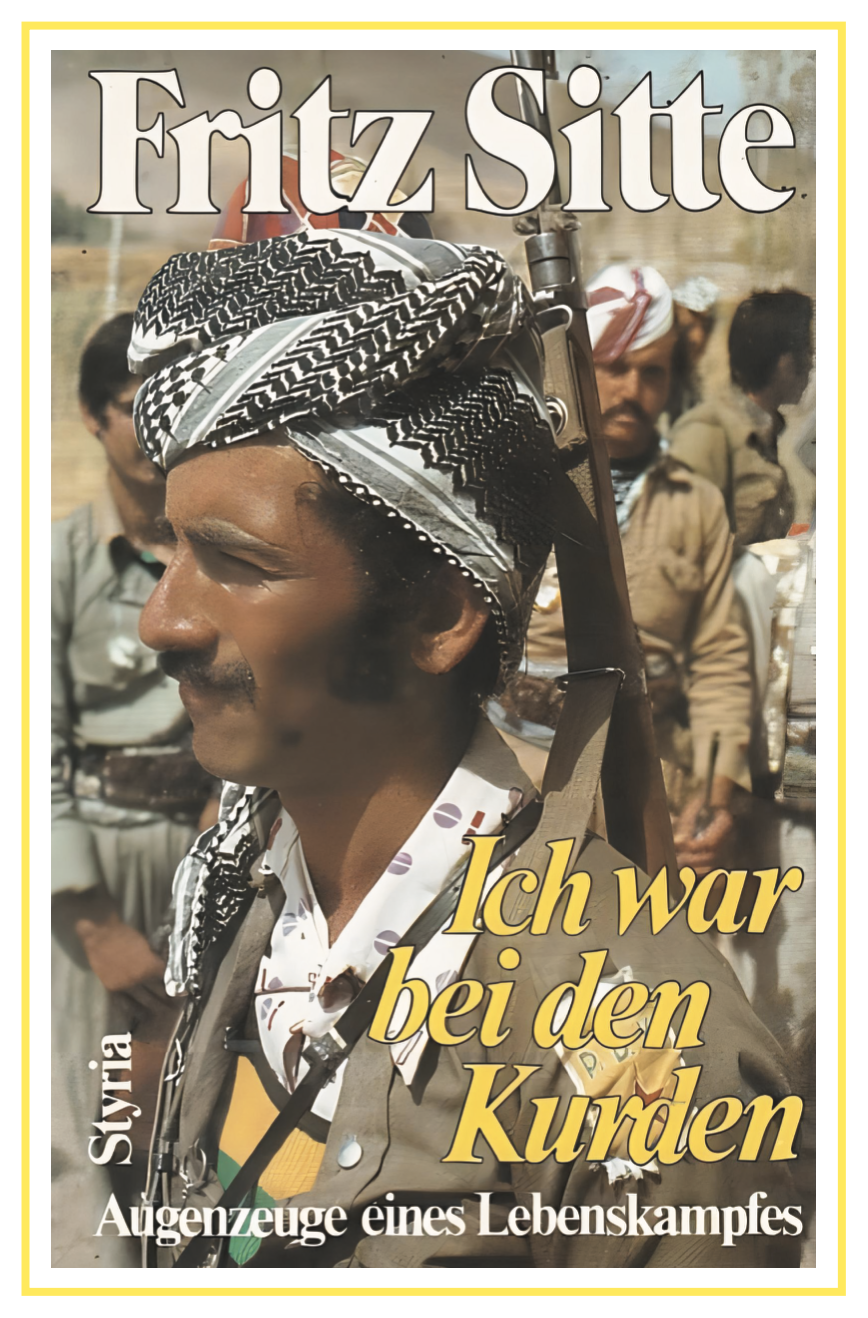
Starting from 1968, he began producing television reports on the Angolan Civil War and other global crisis zones. His reports aired on major channels such as NBC, BBC, and Zweites Deutsches Fernsehen (ZDF), serving as crucial sources of information for Western audiences who otherwise would not have had first-hand reporting on such events.
As a freelance journalist, Sitte delved into contemporary issues and crises, immersing himself in the lives of revolutionaries and fighters in various countries. Apart from his journalistic endeavors, he conducted interviews and took notes for his books. To gather material, Sitte often embarked on risky and adventurous journeys, illegally traveling to interview freedom fighters and representatives of liberation movements.
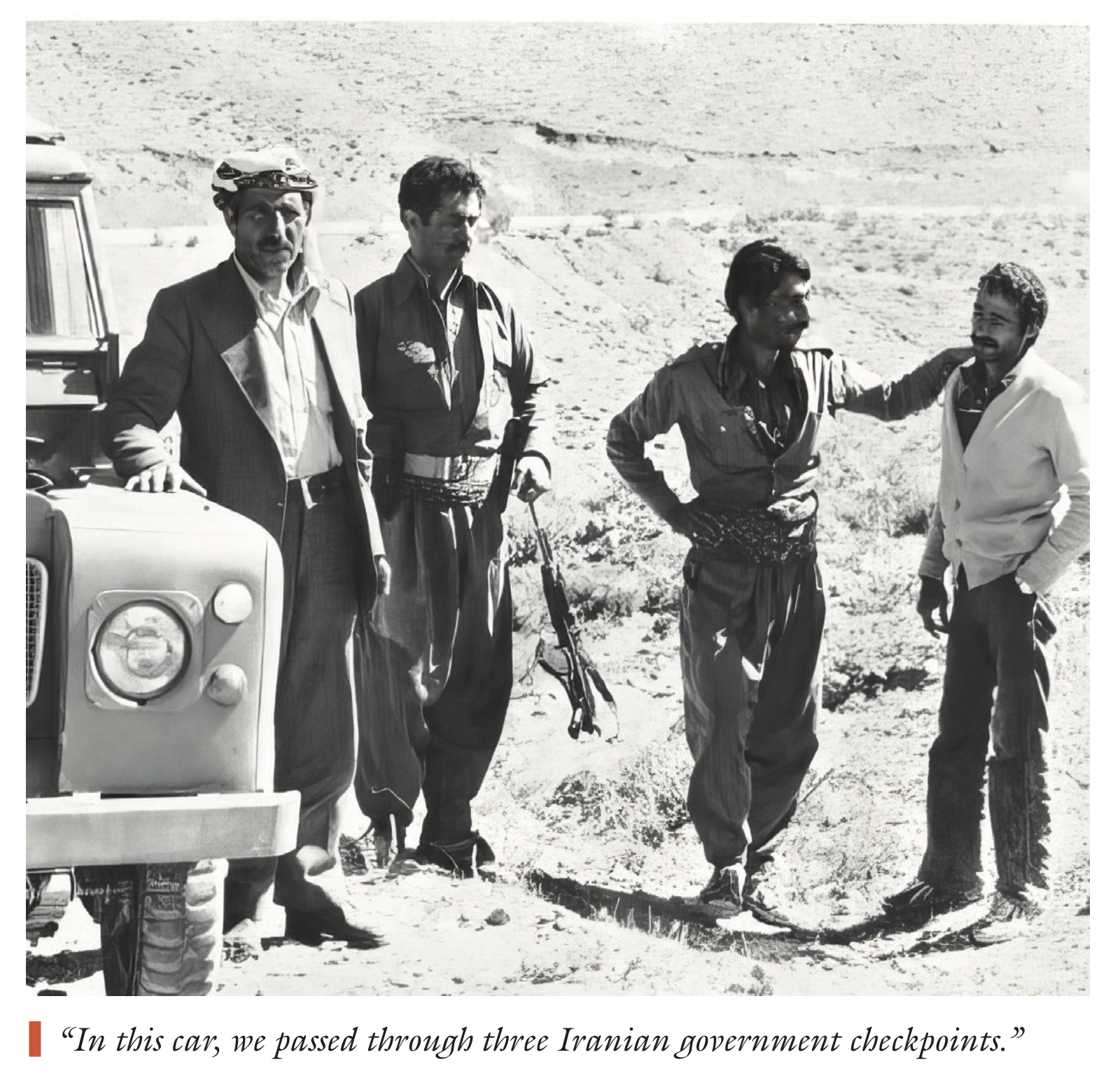
I Was With the Kurds... Witnessing a Struggle for Survival
Sitte first visited Kurdistan in 1979, at a time when his journey ultimately resulted in the publication of his German-language book entitled I Was With the Kurds... Witnessing a Struggle for Survival, with the first edition released in 1980 by Styria Publishing House in Vienna. It was also one of the riskiest and most adventurous journeys of his life.
Sitte had harbored a dream of visiting Kurdistan for over 15 years, but it was only after someone in Paris contacted him and arranged a meeting in Cologne, Germany, that he could find his way there. Welcomed by Kurds in Cologne, the journalist was escorted to Turkey and subsequently to the mountains of Northern Kurdistan (southeastern Turkey), Eastern Kurdistan (northwestern Iran), and Southern Kurdistan (Kurdistan Region of Iraq), a sojourn reminiscent of a movie script. Notably, the Kurds who greeted him in Cologne were from Bakur, Kurdish for Northern Kurdistan. They handed Sitte half of a Swedish five-krona note, instructing him that the other half would be provided by an individual in Istanbul, emphasizing the need for secrecy to evade Turkish and Iraqi intelligence agencies.
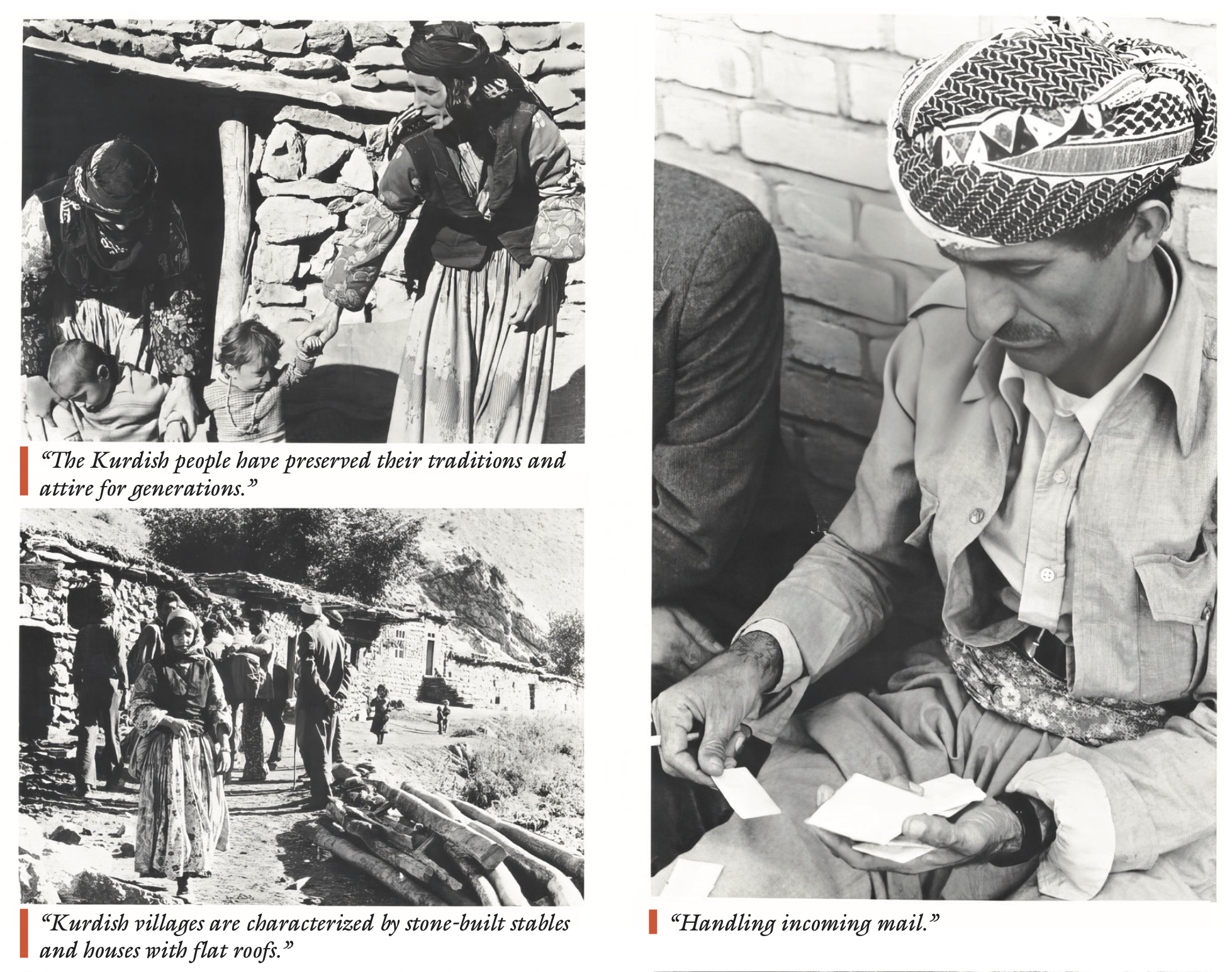
A week after the Cologne encounter, he traveled to Istanbul, where a Kurdish youth presented him with the remaining half of the note, arranging his journey to remote areas of Northern Kurdistan. Sitte detailed his passage through several Kurdish villages on the northern and eastern borders of Kurdistan, crossing into Eastern Kurdistan before being smuggled into the Kurdistan Region of Iraq and reaching the peshmerga forces. This was all undertaken against the backdrop of the Iranian Revolution, and Sitte relied on Kurdish assistance in navigating the region’s tense and perilous political dynamics.
While in the Kurdistan Region, he interacted with numerous commanders, politicians, and peshmerga, documenting his encounters through conversations and photographs, some featuring him holding a television camera.
Among those with whom Sitte conversed was Sami Abdulrahman, then secretary-general of the Kurdistan Democratic Party, to whom Sitte dedicated a chapter titled “Sami Rahman, the Kurd without a Turban” in his book. Abdulrahman provided extensive insights into the Kurdish people and their revolution and even wrote an introduction to the book, accompanied by a dated signature. Sitte included a photograph of a letter from Abdulrahman with its Kurdish text. Additionally, he vividly described the activities of the peshmerga in an engaging manner for his German-language audience.
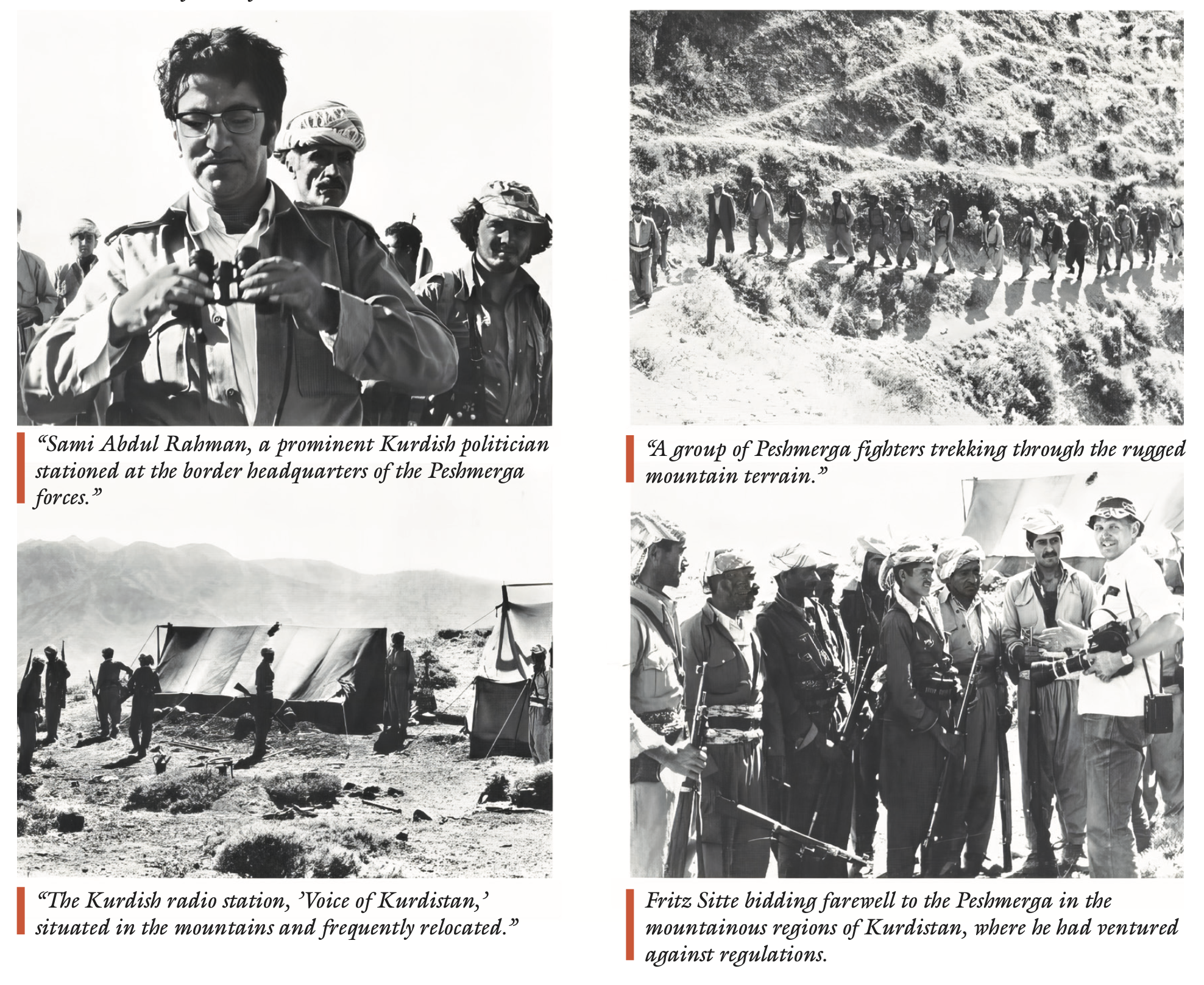
In the book’s concluding chapters, Sitte highlighted the lack of attention paid by international powers, including the UN, to the Kurdish cause and their legitimate demands. His narrative not only celebrated the courage and resilience of the Kurdish people but also served as a critique of global indifference towards their plight, particularly by industrialized nations that prioritized economic interests over human rights. He emphasized the imperative of international solidarity in support of the Kurdish cause and underscored the need for Kurdish unity to overcome internal divisions and garner broader global support.
Fritz Sitte’s expedition through Kurdistan stands as a testament to the power of journalism in spotlighting marginalized struggles and amplifying voices long silenced. His legacy endures through his evocative writings and photographs, offering hope to oppressed communities striving for liberation.
Baker Schwani is a Kurdish writer and translator based in Germany. He has translated several acclaimed novels into Kurdish. Schwani was born in Kirkuk and studied geology in Baghdad before moving to Germany and obtaining a degree in oriental studies at the University of Bonn.
